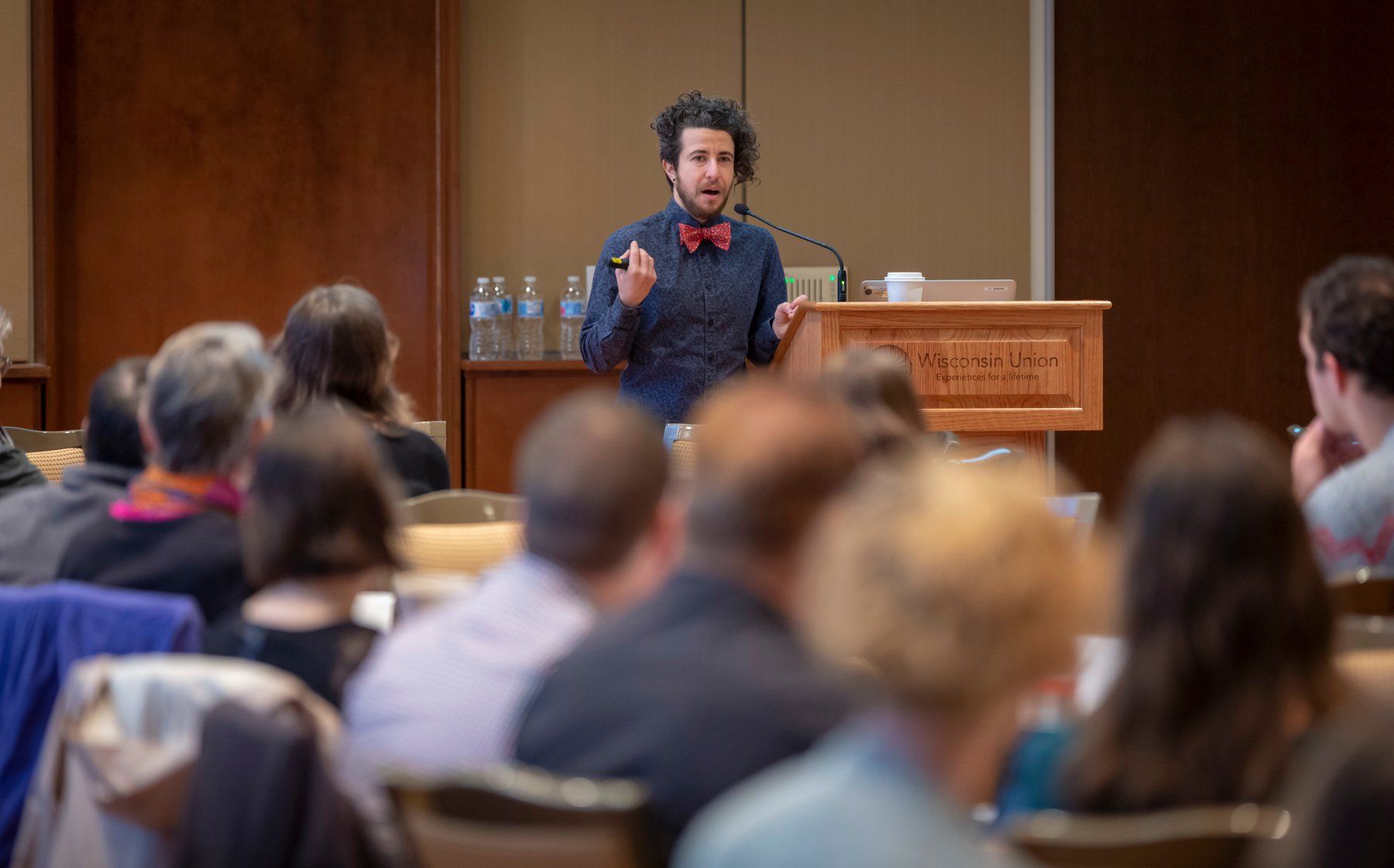Misusing pronouns isn’t a harmless mistake; it’s a direct affront to identity and dignity, says trans inclusion consultant Davey Shlasko.
In an exclusive interview with The Back Cover Podcast, Shlasko stressed that failing to respect a person’s chosen pronouns sends a powerful message about their place in society.
For trans people, Shlasko, who has lived experience as a trans person, argued it’s about far more than politeness—it’s about mental health, personal boundaries, and basic respect.
The seasoned consultant and founder of Think Again Training & Consulting shared their journey of self-discovery, which began during their college years.

“When I was in college, I met some other young people who were trans and in particular identifying as genderqueer,” Shlasko recalled. Back then, genderqueer—now often termed non-binary—was still a new concept, but one that resonated with them.
“In high school, I didn’t have a strong feeling of ‘I’m not a woman’ or whatever, but I also didn’t have a strong feeling of ‘I am a woman.’ And so, when I heard there were other possibilities, I thought, I wonder how that might feel?”
Fortunately, Shlasko found themself in a supportive environment, surrounded by friends who encouraged them to experiment with names and pronouns, giving them the space to explore his identity.
“I got to learn about myself by experiencing myself socially in different ways of doing gender,” Shlasko said.
Shlasko’s experiences highlight why respecting chosen pronouns is more than a social courtesy; it’s a fundamental act that can influence mental health, especially for young trans people.
“We have a body of research, particularly about trans youth, showing that being called the name and pronouns that you want to be called leads to better mental health outcomes,” Shlasko explained. For young people, Shalsko added, mental well-being correlates with “better academic performance, better job prospects, better life stability in general.”
But for Shlasko, the significance of pronouns goes deeper. Misgendering, they said, is a violation of personal boundaries.
“If I say, please call me this and not this, and then you don’t do that, then… I don’t trust you to respect my boundaries,” they said. “That’s a fast way to make a workplace feel really unsafe.”
Reflecting on his career, Shlasko described the barriers they faced when companies were once legally allowed to discriminate against trans people. Despite his qualifications, some employers openly rejected them. “Someone basically said, ‘We think you’d be great at this job, but we just don’t want a trans person working here,’” they recounted.
Shlasko cautioned that many organisations approach pronoun policies as mere checklist items, a simplification that overlooks broader issues of inclusion and respect. “Another thing about pronouns is that it’s about boundaries and consent,” they noted. “Treating people the way they want to be treated doesn’t harm anyone.”
Ultimately, as Shlasko emphasised, respecting pronouns is more than a symbolic gesture; it’s a recognition of identity and humanity. For trans people striving to thrive, the simple act of using correct pronouns can make or break their sense of belonging and safety in both social and professional spaces.

